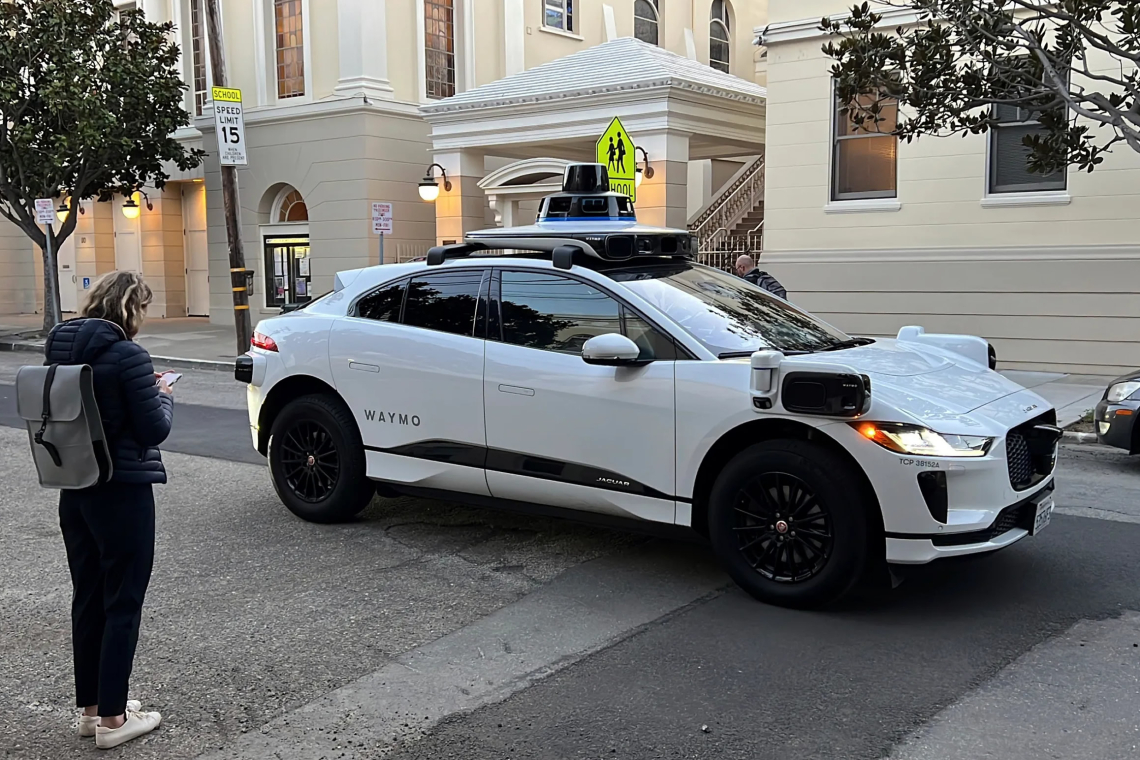Waymo’s robotaxis will begin transporting passengers across parts of Atlanta on Tuesday, marking a new phase in its partnership with Uber that began earlier this year in Austin.
This move into Atlanta follows closely behind Tesla’s limited rollout of its own robotaxi service in Austin. Tesla's launch comes more than five years after CEO Elon Musk claimed the company would quickly surpass Waymo in autonomous driving. Unlike Waymo’s fully autonomous cars, Tesla’s service includes a human in the passenger seat to intervene if necessary.
Tesla has deployed a small fleet of about a dozen supervised robotaxis, while Waymo and Uber have already introduced around 100 fully autonomous vehicles in Austin, just months after their collaboration began. The Atlanta launch keeps both companies on track with a roadmap introduced in September.
As in Austin, Waymo’s robotaxis in Atlanta will be available through the Uber app. Riders will have the option to request a human-driven vehicle if they prefer not to use an autonomous one. Initially, the service will operate within a 65-square-mile area in Atlanta and is expected to grow in coverage over time. Waymo’s own ride-hailing app is active in Phoenix, Los Angeles, and an expanding area around the San Francisco Bay. Combined with Uber, Waymo is currently delivering over 250,000 paid rides each week, positioning it as a leader in the emerging robotaxi market.
However, other competitors are preparing to enter the field. Elon Musk maintains that Tesla’s service will scale rapidly, and Amazon is preparing to launch its Zoox driverless cabs in Las Vegas later this year, with plans to expand to San Francisco next year. Zoox also has its sights set on Atlanta, though it has not yet announced a launch date.
Uber had originally planned to develop its own robotaxis but abandoned those efforts after a legal dispute with Waymo, which accused Uber of using stolen autonomous technology. That conflict ended with a $245 million settlement, and Uber later sold its self-driving division following a 2018 incident in Tempe, Arizona, where a self-driving test vehicle struck and killed a pedestrian.
Since then, Uber has focused on partnerships to stay relevant in the autonomous transportation space. “By integrating Waymo’s cutting-edge technology into the Uber platform, we’re continuing to make transportation more convenient, sustainable, and reliable,” said Sarfraz Maredia, who leads Uber’s autonomous driving efforts.
With 18 robotaxi partnerships worldwide, Uber estimates it is on track to complete about 1.5 million driverless trips annually, including both passenger transport and food deliveries.
Found this article interesting? Follow us on X(Twitter) ,Threads and FaceBook to read more exclusive content we post.



